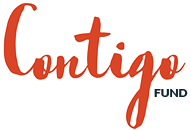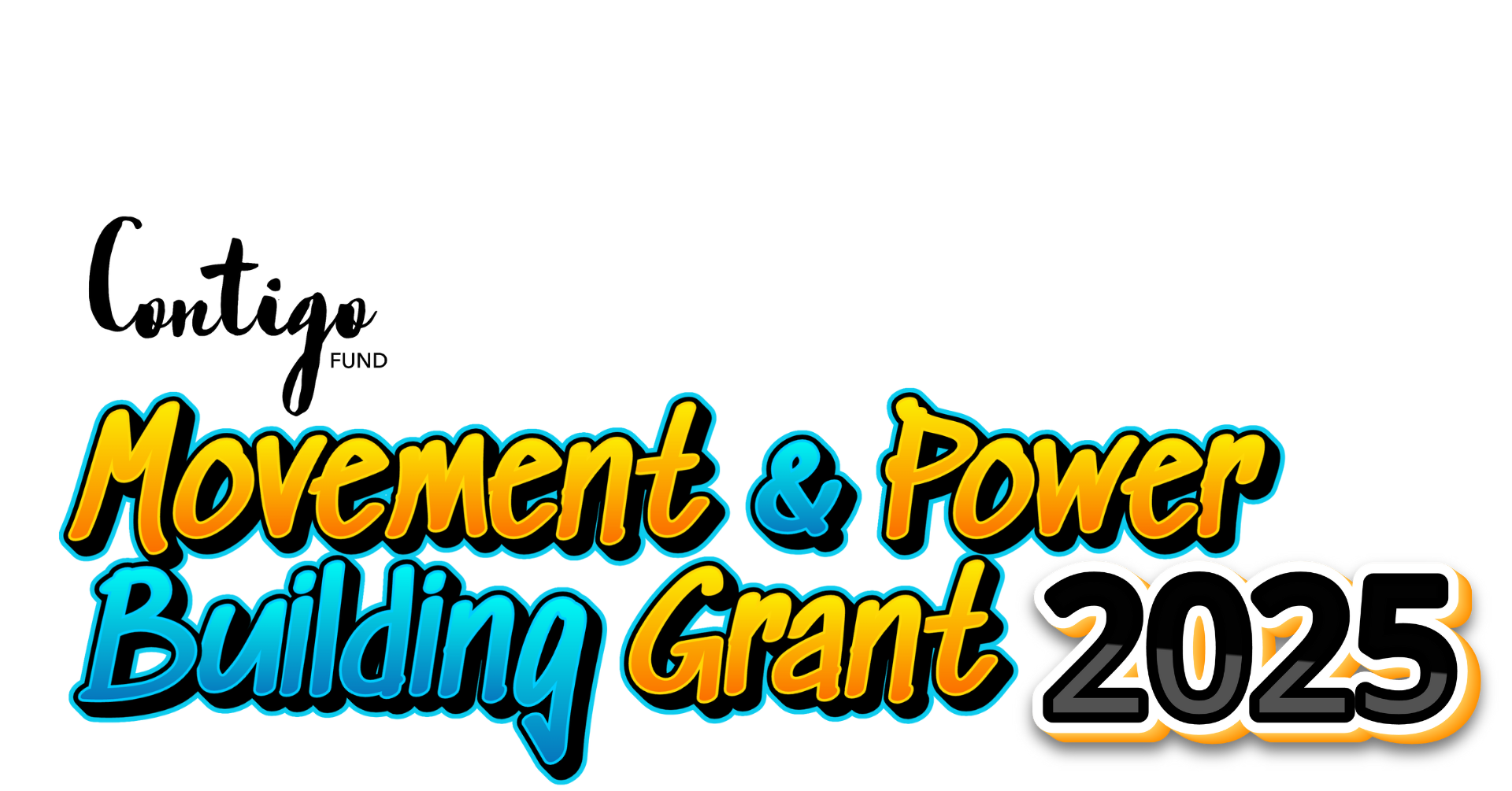Submitting a Successful Application: Eligibility, Process and Timeline
Submission Instructions
To be considered for funding, submit your application and supporting documents by the deadline no later than March 6, Thursday, by 5 pm EST. Please visit https://proteus.fluxx.io/. If you have an existing Proteus Fund Fluxx account, please login to your existing account. If you do not have an existing account, please click “Register Now”. You will receive an email notification instructing you to set up a password. Please check your spam/junk folder if it does not arrive in your inbox. Once logged in, please visit the “Open Grant Opportunities” tab in the left-side grey menu.
The role of Contigo Fund Staff includes supporting applicants and grantees through the grant submission, reporting, and evaluation process and participation in leadership training opportunities. If you have any questions, please contact Joél Junior Morales at [email protected] or Marco Antonio Quiroga at [email protected].

